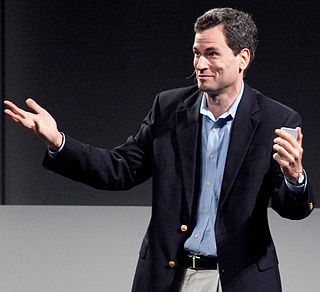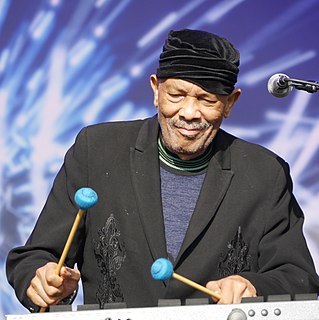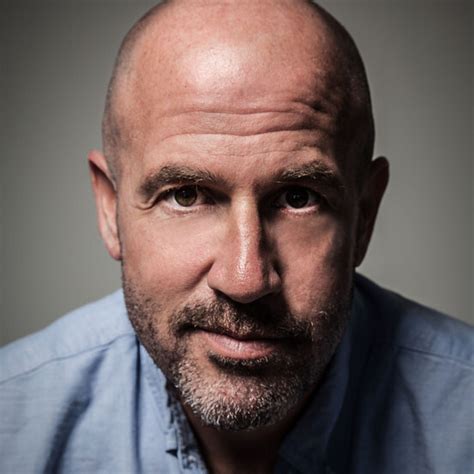A Quote by Tony Fadell
Related Quotes
Right after the keynote in which Steve Jobs introduced the iPod Shuffle, I went backstage with one question in mind: What makes an iPod an iPod? By then - January 11, 2005 - I had staked my own claim to iPod expertise, having written a 'Newsweek' cover story about Apple's transformational music player, and I was writing a book on it.
What to do with a leading business that's challenged by a new technology wave without hurting an existing profit stream? The single greatest example of recent memory is Apple's willingness to decimate iPod sales by incorporating all the category-defining product's features into a new gizmo, the iPhone.




































